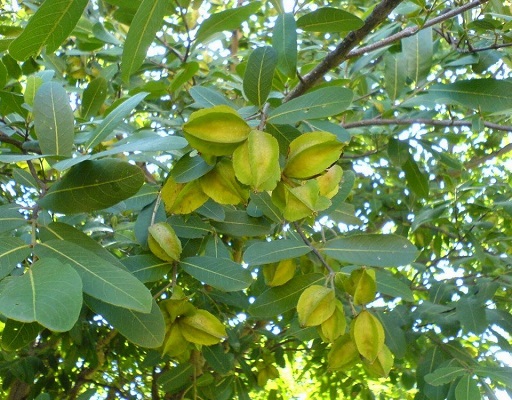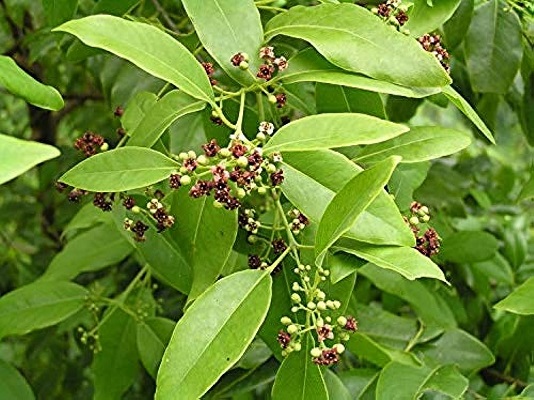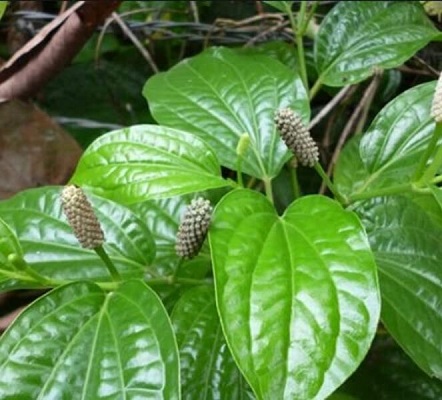On This Page
Arjuna (Terminalia arjuna) – Uses and Benefits
Introduction
Arjuna, commonly known as ‘White Murdah’ is a large nearly evergreen tree found throughout the greater part of India. The name ‘Arjuna’ indicates that it gives strength to heart and is useful in cardiac disorders. The word ‘Terminalia’ means the disposition of leaves of some species towards the end of branch lets and the word ‘arjuna’ is derived from Sanskrit word Arjuna. It is a widely used plant in Ayurveda practice for various diseases and can be used in the form of decoction or powder to alleviate diseases due to aggravated Kapha and Pitta doshas.
IAFA conducted various studies in Arjuna to find out the therapeutic actions of the herb. Our experts have successfully proven the activities like Cardiotonic, Antidysenteric, Diuretic, Antihypertensive and Antiallergic actions of Arjuna. By experiments it is also found out that the methanolic and ethanolic extracts from leaves and bark of Arjuna possess antimicrobial actions. Methanolic extract of Arjuna leaf also shows antitumor activity. Hypolipidemic and antioxidative effects are found from bark of Arjuna. Aqueous extract shown cardiotonic and methanolic leaf extract shown antihyperglycemic activities on studies. Arjuna bark powder showed antiinflammatory actions and arjunic acid is a strong antioxidant and free radical scavenger.
Action of Arjuna – Terminalia arjuna in Allergies
IAFA experts are putting continuous efforts to prove the antiallergic property of Arjuna. The plant contains phytoconstituents like Hydrolysable tannins, Triterpenoid saponin, Arjunolic acid, Beta sitosterol, Ellagic acid, Arjunic acid, Arjunine, Arjunetine, Calcium, Aluminum, Magnesium. These phytoconstituents contribute to the antimicrobial, antiinflammatory and antiallergic actions of Arjuna. It is also useful in alleviating aggravated Kapha and Pitta dosha. So it can effectively be used against allergic reactions caused by Pitta and Kapha doshas.
Vernacular Names
| Sanskrit Name | Arjuna, Dhavala, Swethavaha |
| Hindi Name | Arjan |
| English Name | White Murdah |
| Malayalam Name | Marutu |
| Kannada Name | Bilimatti |
| Marathi name | Anjan |
Botanical Name
Terminalia arjuna
Family
Combretaceae
Morphology of Arjuna – Terminalia arjuna
- A large nearly evergreen tree with huge often buttressed trunk.
- Leaves usually subopposite.
- Flowers sessile, in short axillary spikes.
- Drupe 2.5-5 cm., ovoid or obovoid-oblong.
Ayurveda Reference of Arjuna – Terminalia arjuna
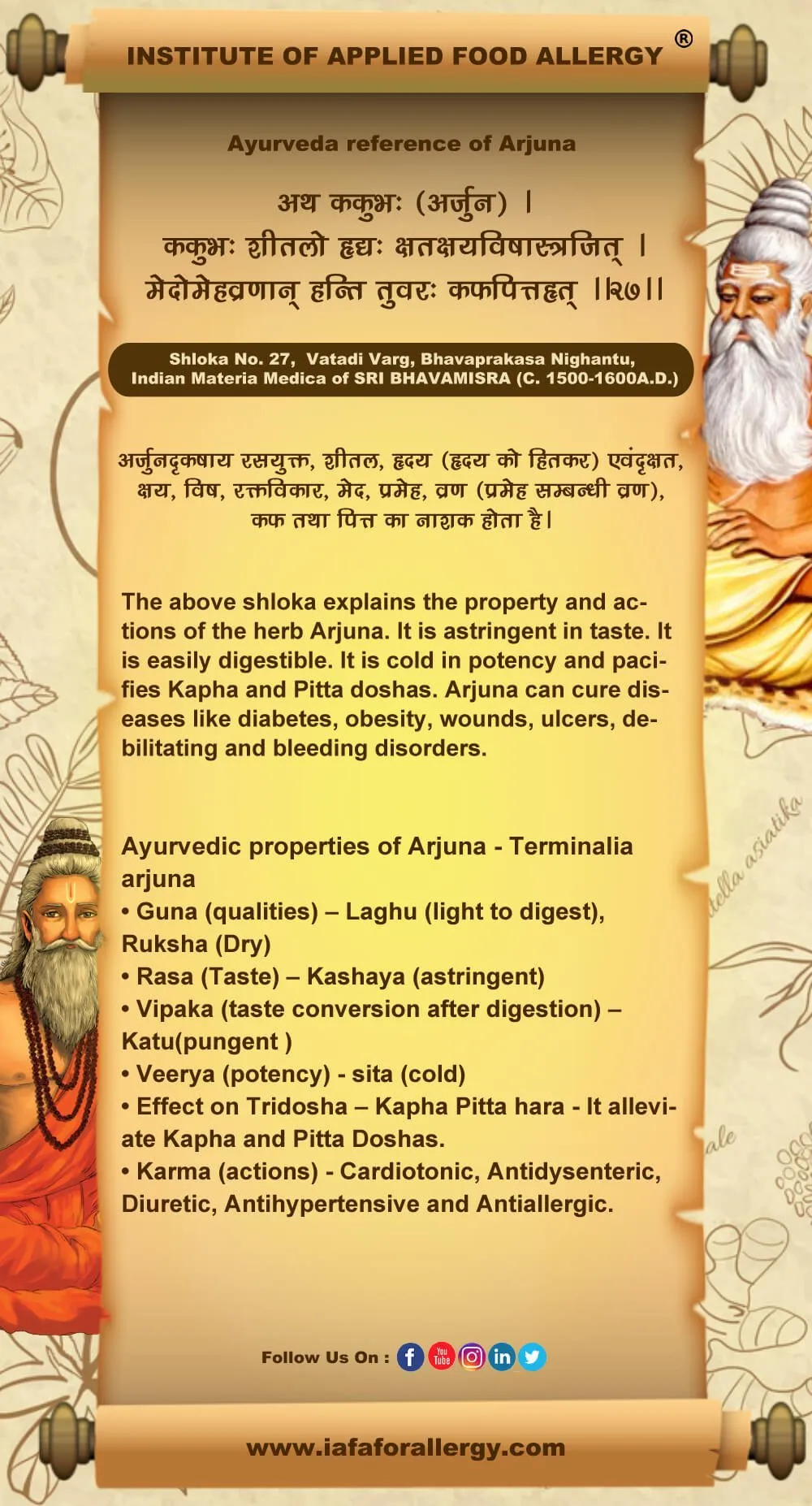
Geographical Distribution of Arjuna – Terminalia arjuna
It is found throughout the greater part of India, in the sub-Himalayan tract- Terai region of the Himalayas, Chota Nagpur, Central India, parts of Maharastra-Bombay, Tamilnadu, Bihar, Madhya Pradesh, Uttar Pradesh and Burma.
Phytoconstituents of Arjuna – Terminalia arjuna
The plant contains phytoconstituents like Hydrolysable tannins, Triterpenoid saponin, Arjunolic acid, Beta sitosterol, Ellagic acid, Arjunic acid, Arjunine, Arjunetine, Calcium, Aluminum and Magnesium.
Parts Used of Arjuna – Terminalia arjuna
- Bark
Dosage of Arjuna – Terminalia arjuna
- Decoction (Kwatham) – 60-100 ml
- Powder (Churna) – 3-6 g
- Decoction with milk (Ksirapaka) – 20-30 ml
Medicinal Properties of Arjuna – Terminalia arjuna
- Shotha hara – anti inflammatory
- Pramehahara- curers diabetes
- Hridrogahara – useful in cardiac diseases
- Trsnaghna – useful in thirst
- In twakroga – useful in skin diseases
- Bhagna sandhanakara– promotes fracture healing
- Vranahara – cures wounds and ulcers
- Raktapittahara – cures bleeding disorders

Have A Health Issue?
Consult Online
- Dr. Sahil Gupta (B.A.M.S., M.H.A.)
Ayurvedic Allergy Specialist
CEO & Founder of IAFA®
Home Remedies of Arjuna – Terminalia arjuna
Ayurveda is one of the ancient and effective system of medicine which was extensively used in India. It used many plants and herbs that are easily available and effective in many ways. Arjuna is a commonly seen and widely used plant in Ayurveda in many different ways like:-
- In Cardiac diseases (Hridroga) – Arjuna and Triticum sativum (Godhuma) is mixed together and cooked with oil, ghee, jaggery and milk and used.
- In Spermaturia (Sukrameha) – Decoction of Arjuna is taken in spermaturia at a dose of 60 ml per day.
- In Skin diseases (Twak roga) – A paste is made with bark of Arjuna and honey and applied over skin.
- In Fracture (Bhagna) – Powder of Arjuna, Coccus lacca(Laksha) and Commiphora mukul (Guggulu) is mixed with ghee and taken internally keeping patient on milk diet.
- In Diabetes (Prameha) – Bark of Arjuna is collected, made into a decoction and taken twice a day.
- In Thirst (Trsna) – Powder of Arjuna bark is taken, processed with water and taken internally.
- In Debilitating diseases (Kshaya) – Arjuna is processed with ghee and taken to cure debilitating diseases.
Dr. Gupta’s IAFA a major contributor of safe and effective medicines in Ayurveda. All the medicines and treatments provided by IAFA is purely Ayurvedic and based on classical Ayurvedic reference textbooks. Our deep research programs help us to provide safe and effective medicines in all diseases especially in allergic diseases and pediatric cases. Approach IAFA for the best treatment and better immunity.
Was this Page Helpful?
Read More Articles
-
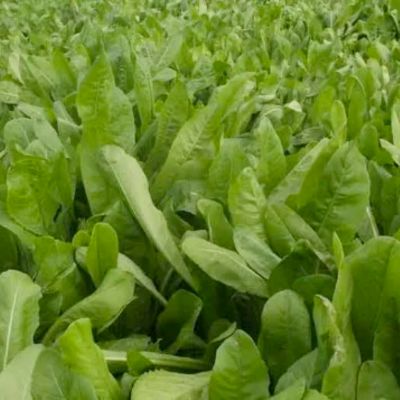
Kasini (Cichorium intybus)
Kasini (Cichorium intybus) commonly known as Chicory is a perennial herb, with large…
-
-

